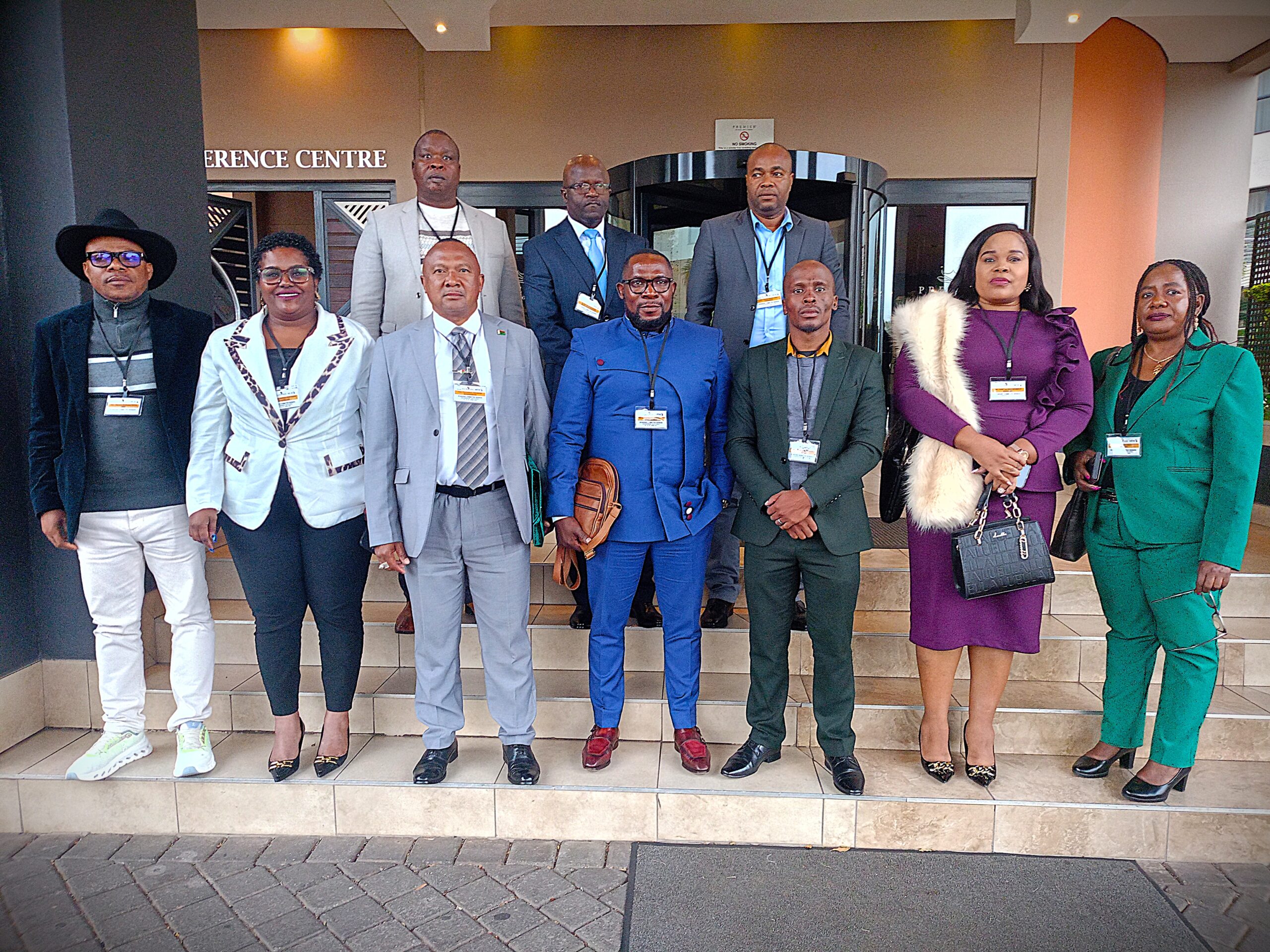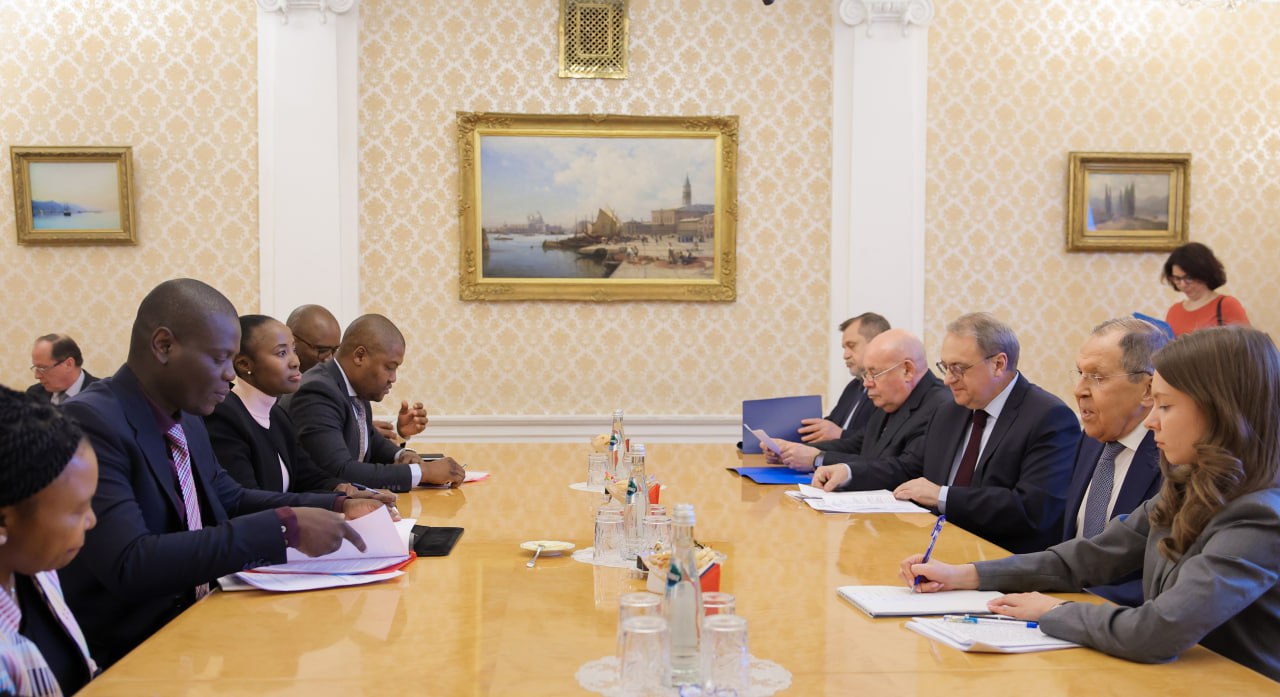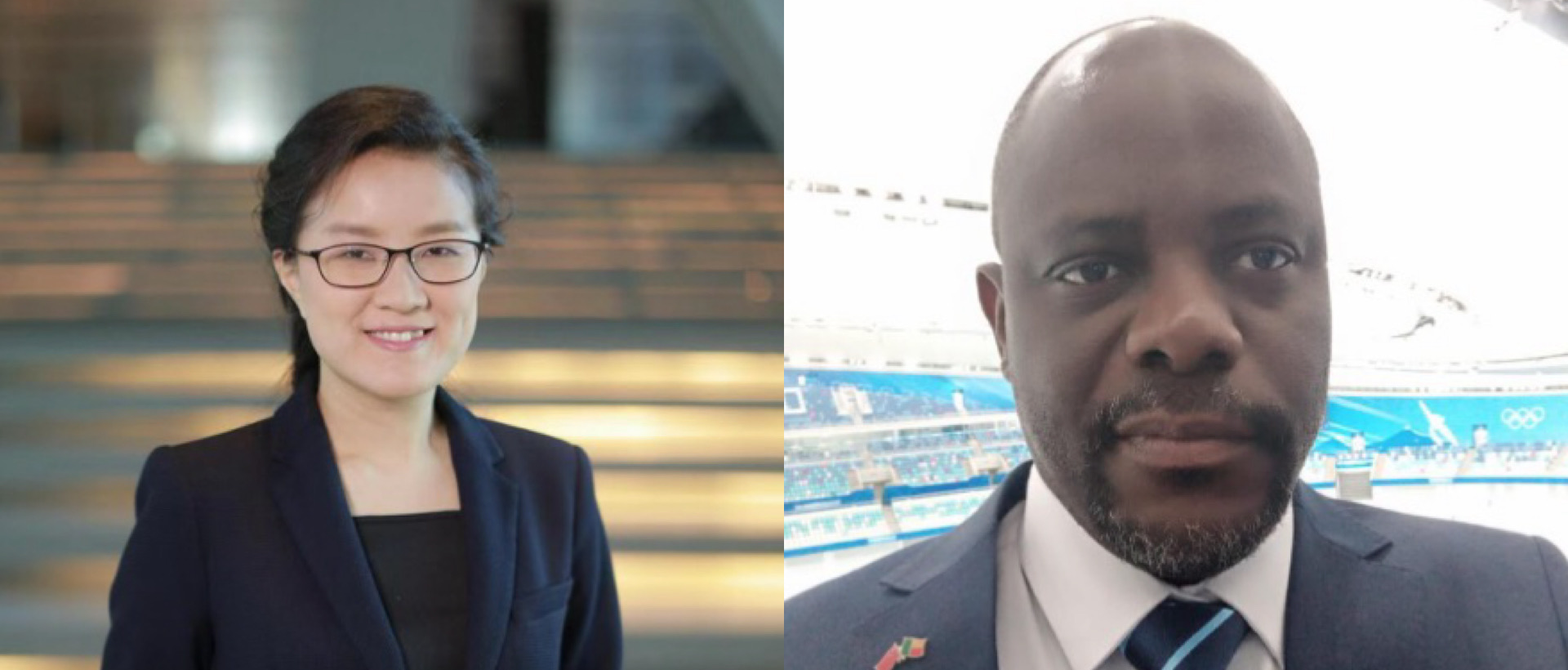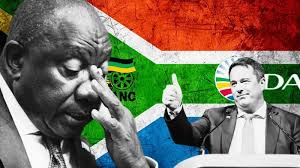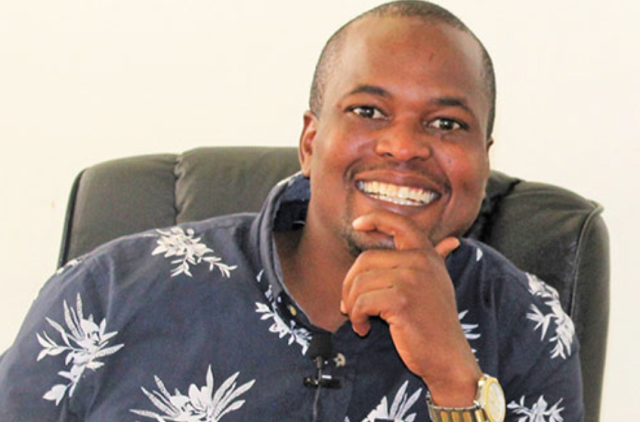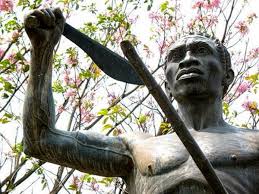
Photo: Image of Statue of Gaspar Yanga, located in Veracruz, Mexico
BY AMB PHATSE JUSTICE PIITSO
24 September 2024
Today we feature a fascinating historical episode of a slave leader from West Africa, whose indomitable feats of resilience and heroism, distinguish him amongst the world legendary figures, in the gallery of the history of the revolutionary struggles of humanity, against imperialism and colonialism.

The son of the soil, from the sandy deserts and rocky mountains of the African continent, whose extraordinary acts of bravery and tenacity of struggles for freedom, earned him the honour of the first liberator of the Americas.
In the Republic of Mexico, they call him the hero of the nation, in Latin America, they call him the first liberator of the Americas, in Africa, they call him the pride of the struggles for liberation and the world call him the epitaph of the struggles for the freedom of humanity. A heroic slave leader, whose unrelenting devotion, to the revolutionary cause of the struggles for the freedom of humanity, remains to shape the world by his example.
In Yoruba language of the Western African region, the meaning of Yanga is the pride of the nation, the reason why we the people of Africa, profoundly take our pride from such great names whose feet we sat, whose footprints we follow. We take pride of such colossal men and women, who have unshackled society from the dark age of barbarism and savagery, into the modern world of human civilisation.
The liberator Gasper Yanga, a descendant from one of the royal families of the West African republic of Gabon, is reckoned to have found the first free settlement of the slave people in the American hemisphere. His is undoubtedly a living testament of the contribution of the African slave people to the struggle for the independence of the people of the Americas.
The colonial New Spain, Mexico, is amongst the territories of the region which received millions of slaves over a period of four centuries from the African continent and other parts of the world. Slaves were subjected to unfathomable forms of atrocities and abuses, with unimaginable laws imposed by the slave masters.
One of the punitive laws to govern the affairs of the slave people reads as thus” The negro or negro woman absent from service of his or her master for four days shall suffer fifty lashes of the whip and if they should be away for more than eight days, for a distance exceeding one league, each of them shall suffer a hundred lashes. Iron fetters weighing twelve pounds shall be tied to their feet with ropes, which they shall carry for two months and shall take them off under pain of two hundreds lashes for the first offence and for the second offence shall take two hundred lashes and shall not take them off for four months”.
The exhaustive conditions of gruesome acts of violation of human rights and abuse of the slave people, agitated Gasper Yanga to start a movement of the freedom of the slaves, helping thousands and thousands to flee into the swamp forests of Mexico, settling at the peak of the highest mountain area of Pico de Orizaba. There he built a formidable and self sufficient community of the slave which existed for more than a half century.
After several attempts by the Spanish colonial army to besiege the maroon settlement, suffering humiliating defeats, the Governor of the colony untimely conceded defeat and negotiated for peace. The peace treaty paved way for the first self governing slave territory in the Americas in the year 1570, first town of the free slaves called San Lorenzo De Los Negroes, after the independence of Mexico, was named the city of Yanga by the government of Mexico, in recognition for his contribution to the struggles for the independence of the country.
The city of Yanga has been designated as a heritage site by the government of Mexico and UNESCO declaring it the world slave route project, with his huge statue carrying machete with his hands, symbolising freedom from the shackles of the chains of slavery. Yanga day has become a magnificent annual celebration by the people of Mexico, in remembrance of his leadership role in the struggle against colonial oppression and exploitation.
The renowned Mexican sociologist and a career diplomat, Andries Medellin, in his article, ‘ Yanga the forgotten rebellion against colonial rule in Mexico’ give an accomplishing narration, of extraordinary feats of resilience and heroism, by the slave leader Yanga, and his contribution to the struggles for the independence of his country from Spanish colonial oppression.
He says, ”this glorious chapter in the history of man’s emancipation shows us that the will to be free is stronger than the fire and chains of slavery, that defying oppression does not depend on skin colour. That human dignity knows no obstacles when people organise themselves and break their chains, making themselves invincible “.
Our commentary on various publications, about the phenomenon of the slave trade and its contribution to the development of human society, transcending trajectories of epochs of political regimes, empires, kingdoms, dictatorships, from the Ancient Greek and Roman empires, to the Indonesian archipelago, to the age of the middle passage through the Mediterranean Sea, Atlantic and the Indian oceans, to the modern age of the world of capitalism, is not just about the events of history, or tributes to the heroic episodes of the triumph of human struggles, but the deeper and wider understanding of the complex nature of the world political economy.
In his seminal work, Poverty of Philosophy, Karl Marx wrote the following about the genesis of the phenomenon of the slave trade and its significance to the development of the modern day capitalist relations”
Direct slavery is just as much the pivot of bourgeois industry, as machinery, credits etc. Without slavery you have no cotton, without cotton you have no modern industry. It is slavery that gave colonies their value, it is colonies that created world trade and is the world trade that is the precondition of large scale industry. Thus, slavery, is an economic category of the greatest importance”.
In two of his economic manuscripts he wrote between the year 1861 and 1865, which became the caricature of his famous work, Capital, Karl Marx says”
Where the capitalist conception prevails, as on American plantations, slavery takes the form of the production of surplus value, conceived as profit, on the backs of the slaves”
He refers the system of slavery as the second colonialism and referring to the sugar, coffee and rice plantations in the new world of the Americas as the second colonies, carried by the bourgeois system of accumulation at the world scale, asserting that”.
In the second type of colonies,’ plantations’ where commercial speculations figure from the start and production is intended for the world market, the capitalist mode of production exists, although only in the formal sense, since the slavery of the Negroes precludes free wage labour, which is the basis of capitalist production”.
Throughout the epic history of our struggles for the freedom of humanity, from the age of the renaissance, of the collapse of feudalism and the authority of the church on the affairs of the citizens of the world, the spectacle of the slave economy, has been the material foundation, of the preceding epochs of human civilisations.
Therefore, becoming important that our generation understand the broader historical context of the relations between slave labour and wage labour, the extraction of the surplus value, determining the system of the capitalist private accumulation regime. The slave trade as a basis of the material foundation of the Industrial revolution.
It is for this reason that the generation of the contemporary scholars and philosophers of the African continent and elsewhere in other parts of the world, elucidate this far reaching historical account of the role of the slave trade in the history of the development of human society, its evolution, past, present and the future. This is essentially important because society which cannot interrogate this fundamental question, cannot be able to comprehend the complexities of the world political and socio economic arena.
For our generation to be able to define its future, we need to be able to learn from these lessons and experiences, of how the modern world came to be what it is, how it was built through the sweat and blood of the working people, how to appreciate the subjective and objective realities of the historical moment and continue with our struggle for the achievement of a better future. Importantly to appreciate that our contemporary society is the product of the history of the struggles of humanity.
This is so because the two worlds of the South and the North, with the oligarchy in the north and the barbarians at the gate in the South, is a reflection of how do we make of the world of humanity, how in our own image, capitalism has created our own future. The upheavals of the movements of people from the former colonies and semi colonies of the African continent, the Middle East and Latin America into the metropolis of the advanced world of the North America and Europe, is what the world has come to be.
The truth is that over centuries of the development of human society, the economy of the world has been built on the backbone of the slave labour and the modern working class. This is the history the world oligarchy has concealed from library books and manuscripts, the world information technology has become an effective instrument of distortion of the true realities of the history of the struggles of humanity.
This is precisely because history is always written by the conquerors, when the two world views of the struggles of the working class and capitalist material accumulation are at loggerheads, history is a testament that the values, culture and traditions of the conquered are always obliterated from the pages of the history books and the conquered will write thousands and thousands of manuscripts based on falsehood and mispresentation of true facts.
Slavery was without parallel the most severe destruction of the destruction of the human life in history of civilisation. It has been as destructive as capitalism itself.
We shall continue to be inspired by their magisterial contribution to the struggles for the achievement of a better future for humanity, we shall always be inspired by their selflessness and enduring hardships in the land of the unknown warriors, for they remain to be the torchbearers of enlightenment. The stories of their resistance and heroism is part of the collective memories of the struggles of the people of the world against imperialism and colonialism.
- Ambassador Phatse Justice Piitso is a member of the African National Congress, writing this article in his personal capacity.
